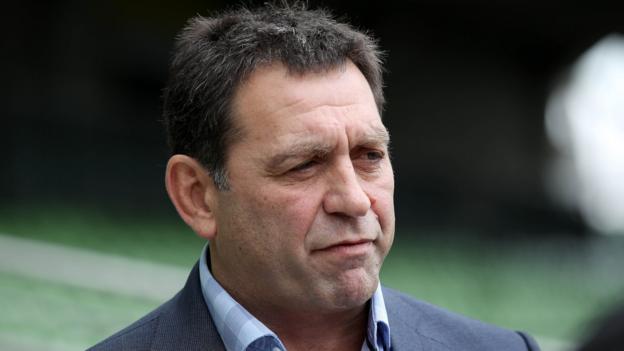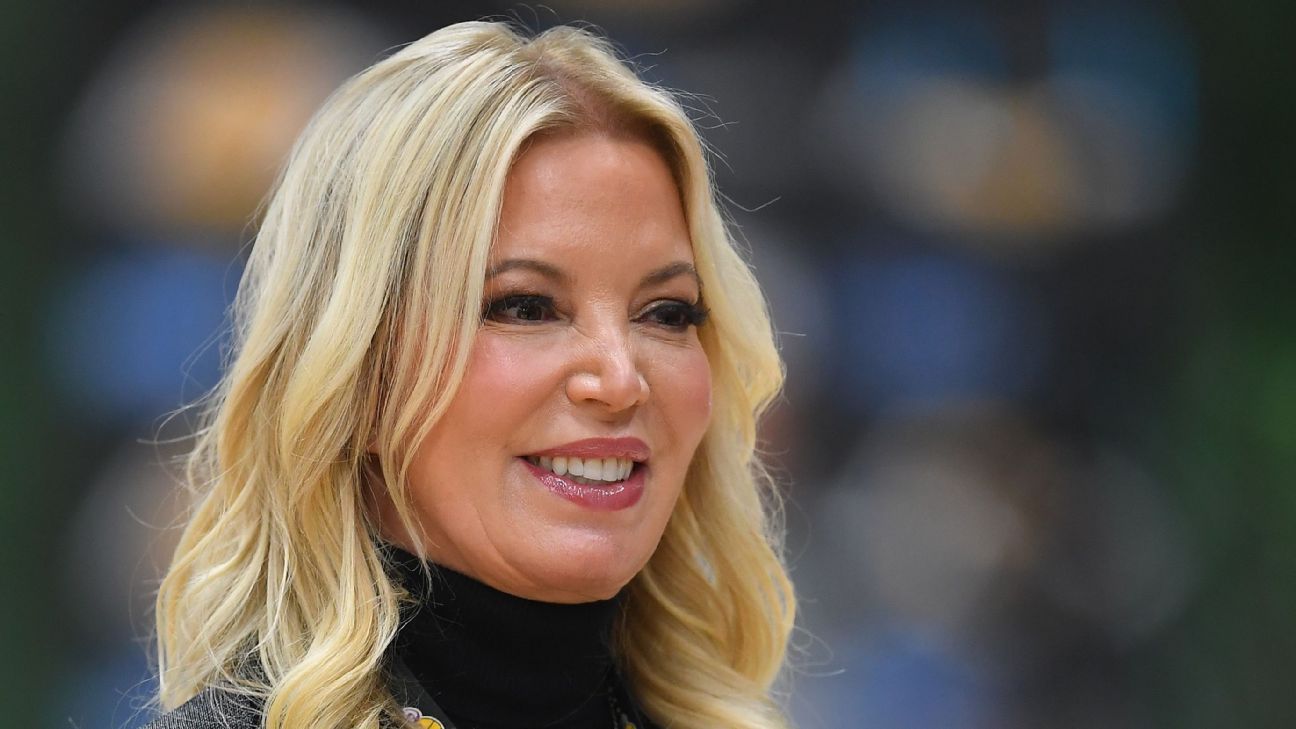
Ireland's style of play should have been further developed going into the World Cup, their governing body says.
The Irish Rugby Football Union has published a review into the team's performances in Japan, where they lost 46-14 to New Zealand in the last eight.
IRFU performance director David Nucifora presented the review findings in Dublin.
"Should we have developed our game further? Potentially, yes, with the benefit of hindsight," he said.
"We pay our coaches for those decisions, they've been good at those for a long period of time. We could have gone down that path, but I want to be clear there's no guarantee it would have produced a better result.
"We could have changed, but that creates a risk. That's the decision; they have to choose a path to go with and we chose the path of 'let's stick to what we do, what's worked and get 5/10% more out of it'."
He added: "There's an argument on both sides around style, but should we have armed our players with more tools? I think, with benefit of hindsight, we should have."
The official IRFU review was published on the same day that retiring captain Rory Best spoke about how he believes Ireland underestimated the impact the humidity in Japan would have on them.
Led by head coach Joe Schmidt, who announced before the World Cup that he would retire after the tournament, Ireland had beaten New Zealand in November 2018 and were among the favourites for the Webb Ellis trophy.
However, they lost to the hosts in the group stages before their heavy defeat in the quarter-finals, and Nucifora also said the squad could have been better prepared on how to cope with increased expectation.
"Performance anxiety or stress, I do believe it was really relevant for us before and during the tournament." he continued.
"At the end of 2018, we were now the front-runners and I'm still getting my head around that, but you have to deal with that mentality of being a front-runner and handling pressure and expectation in that period of being the best.
"The bell curve started to drop on us during the Six Nations with some of our performances and straight away started to be a level of anxiety building up into the World Cup.
"Some of it doesn't just manifest itself in players but also staff. You go into the world's biggest competition and we probably underestimated the level of support we needed to give players and staff around that area to manage the expectation that was on them because of the level of success they had leading into that Six Nations.
"To be able to manage the stress and expectation of performance, I really do believe it's an important area for us to look at and service better. The whole area of psychology has to be improved as well as health and wellbeing."















 Phone: (800) 737. 6040
Phone: (800) 737. 6040 Fax: (800) 825 5558
Fax: (800) 825 5558 Website:
Website:  Email:
Email: 






